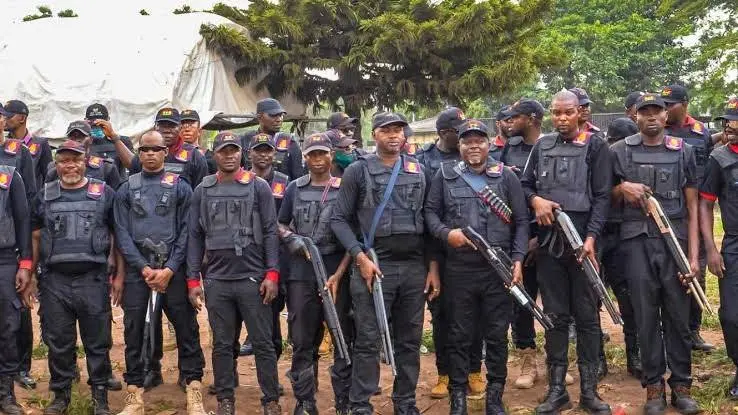The Executive Director, National Primary Healthcare Development Agency (NPHCDA), Dr Muyi Aina, has announced 46 per cent decline in circulating Variant Poliovirus (cVPV2) cases in the country compared to the situation last year.
He said the agency’s target is to get to zero or close to zero by December 2025.
Speaking at the Second Quarter 2025 review meeting of the Northern Traditional Leaders Committee on Primary Health Care Delivery (NTLC) yesterday, in Abuja, Aina stated that the reported variant poliovirus cases had declined from 78 per cent recorded in 2024 to 46 per cent.
He said: “We are making progress in so many areas because of the partnership with the traditional leaders. We are now able to reach more communities and immunise more children and protect them against vaccine-preventable diseases.
“But we still have clusters of Nigerians who are hesitant to accept these vaccines due to misinformation, but the traditional leaders have set up non-compliance resolution teams who help to correct wrong information.
“We don’t want to be caught unprepared. This is why we are calling on the collaboration of the media to complement the efforts of our traditional leaders. We are also a voice of the people, and time is not on our side.”
Aina noted that progress was being made in high-burden states such as Kano and Katsina, where infections dropped by 85 and 84 per cent, respectively.
The NPHCDA boss observed that between April and June 2025, over 71 per cent of planned settlements were reached during campaigns, rising to 78 per cent in June, while vaccination coverage increased from 81 per cent to 84 per cent.
He noted that the agency is integrating more services and more interventions that are relevant, like malaria treatment and nutritional services, into the campaign so that people will be accepting of the interventions.
Aina highlighted persistent challenges confronting the immunisation programme in the country, including fake finger-marking and insecurity, adding that the involvement of traditional leaders is critical to improved outcomes.






